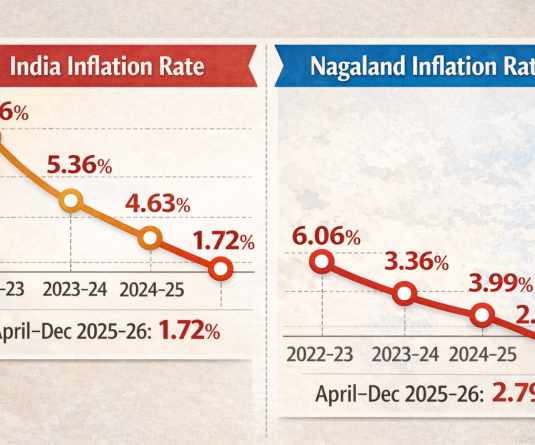(Left) An Auto and bike battery used for electro-fishing. (Middle) A ‘company’ battery machine. (Right) A locally-made battery machine. (Morung Photos)

P Achumse Yingbithongru
Kiphire | April 21
Fishing, a long-revered tradition in tribal societies closely tied to their culture and heritage, faces a threat from the recent adoption of "modern methods," stakeholders and experts in Nagaland cautioned.
One such method, increasingly popular, involves using car and bike batteries for electrofishing. This harmful practice not only endangers fish populations but also poses serious risks to the environment and human health, they emphasised.
Speaking to The Morung Express, Dr N Khumdemo Ezung, Chief Technical Officer (CTO) at Krishi Vigyan Kendra (KVK), Kiphire, explained: “Electrofishing is a type of fishing technique that biologists use to capture fish in rivers, lakes, and streams as this technique provides a safe and efficient solution for collecting data on fish populations.”
However, in Nagaland, this system of fishing is being adopted on a large scale, threatening the existence of the river ecosystem, he added.
Pointing out the danger posed by battery fishing, Ezung noted that this system of fishing results in overfishing leading to resource depletion, reduced biological growth rates, and low biomass levels.
Sustained overfishing can lead to critical depletion, where the fish population is no longer able to sustain itself, he said.
The potential harmful effects on fish through this method of fishing must be recognised, monitored, and best avoided, especially with respect to populations of endangered species, he added.
Citing studies, the CTO also informed that spinal injuries and associated hemorrhages can occur anywhere among fishes due to the electrofishing field “at or above the intensity threshold,” therefore affecting its embryo and eventually threatening the river ecosystem.
Concerned over the rampant use of batteries for fishing, Lerichum, who works under the Japan International Cooperation Agency (JICA) project, called for regulation.
To address these issues, governments and environmental agencies must enforce regulations banning the use of car and bike batteries for fishing. Education and awareness programs can also inform communities about sustainable fishing practices that protect riversides, he added.
Thriliba Sangtam, a former student leader, called the unabated use of battery-powered fishing in recent years a worrying sign.
“It is worrying as it not only harms the fish population but also disrupts the delicate natural balance of our rivers, thus we need to raise awareness about the importance of preserving our waterways and encouraging sustainable fishing practices,” he stressed.
Underscoring safe fishing, Selithrong Sangtam, the Chairman of the Wildlife Committee, Langzanger Village, stated that ‘battery-powered fishing represents a destructive practice with far-reaching consequences because of its easy method in catching fish in huge quantity.’
“As responsible citizens, we must protect our rivers and their inhabitants and ensure that fishing practices are sustainable and do not harm the fragile balance of aquatic life by advocating for responsible fishing and supporting regulatory efforts to protect our rivers and streams for the benefit of all,” he added.
It may be noted that various village councils under Kiphire district have banned fishing and hunting to safeguard its delicate and fragile ecosystem.






